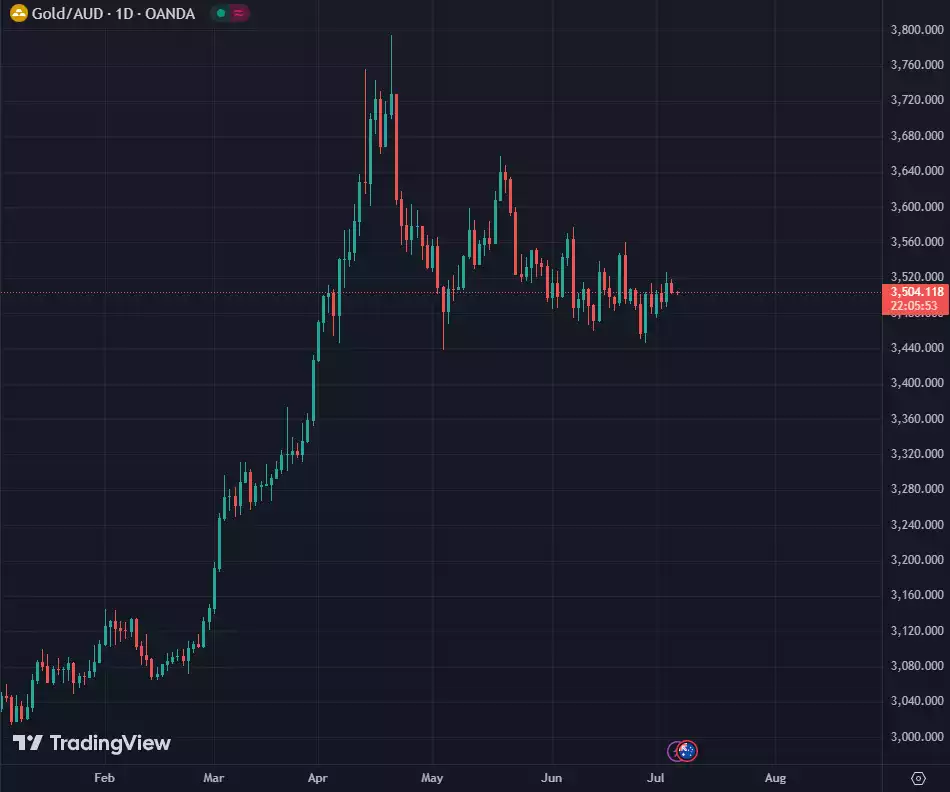Property Investors Squeezed for Record State Debt
News
|
Posted 05/07/2024
|
3027
Australia's state governments are recording some of the largest deficits in the developed world, putting state debt on track to triple by 2028 compared to pre-pandemic levels, warns ratings agency S&P Global.
According to Michael Read of AFR, the spending spree means the states' collective debt could hit a total of roughly AU$800 billion in 2028, according to a recent analysis. Governments in all Australian states are likely to boost infrastructure investment despite the soaring costs. Gross state debt from 2019-2023 increased by 2x and could rocket another 3x in the next 4 years.
Victoria's debt had risen the most sharply since 2019 and could soon overtake NSW. Debt in the state recently jumped again as the third-term Labor government spends big on an expensive infrastructure program, featuring projects such as the Suburban Rail Loop. That project alone went from $50 billion to $125 billion. To put that in perspective, the cost of the rail loop will greatly exceed the GDPs of most countries in the world.
By 2028, S&P forecasts provided to AFR predict that Victoria's non-financial public sector debt will hit $260 billion, or 372% above pre-pandemic levels. NSW's debt is expected to be 295% higher than pre-pandemic levels in 2028, at $250 billion, and South Australia's debt is projected to be 225% higher at $50 billion. The Tasmanian government is yet to hand down its 2024-25 budget, but its debt has flown under the radar and has been rising dramatically.
The biggest change since the budget has occurred in Queensland, where a large uptick in infrastructure spending and pre-election cost-of-living handouts mean debt could end up more than 500% higher by 2027 relative to pre-budget projections.
Property Investors Exiting
Investors in Victoria have been stuck with two years of increased land taxes. Combine this with the high interest rate environment and rising costs of repairs, and it becomes apparent why a significant portion of property investors have been selling their properties. Many Victorian investors are seeing the measures as a way to fund the government's massive debt.
The changes to land taxes are supposed to be temporary to assist Victoria's COVID Debt Repayment Plan. A Victorian government spokesperson has commented that "It's only fair that those with greater capacity to pay, like owners of multiple properties, contribute."

Some investors have been eyeing gold as an alternate asset. The lack of property taxes, repairs, maintenance fees, management fees, and regulations has made it an attractive go-to. Gold in AUD terms has had an exceptional year so far, having risen 25%. Its current downswing has offered investors a roughly 8% discount from the all-time high.
As we reported last week, irresponsible government borrowing causes higher taxes, slower economic progress, and diminished purchasing power for ordinary citizens. And it’s unlikely the government will be slowing down any time soon with their legal addiction.